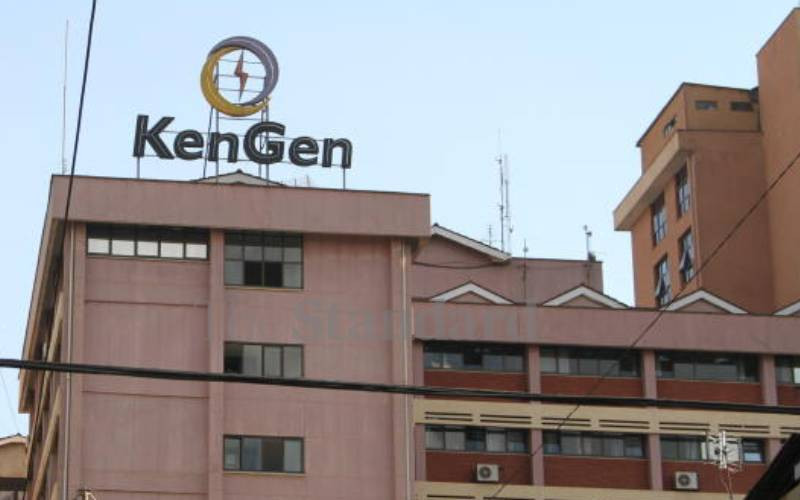×
The Standard e-Paper
Kenya’s Boldest Voice

The money that electricity producer KenGen spent on the purchase of fuel for its fleet of thermal power generators grew almost threefold last year.
This was as the company intensified power production from the costly plants to make up for shortfall in generation by geothermal and hydropower plants.